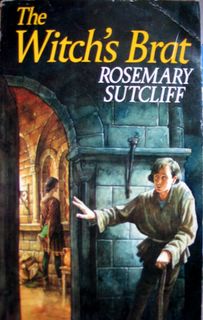Children's Books
July 15, 1990
Author: Susan Hill
Rosemary Sutcliff has never tried to ingratiate herself with young readers by making her prose bland and easily digestible. The complexities ofher style are not gratuitous, but reflect the depth and complexity of her subject-matter. Those without an innate historical sense or taste need to be encouraged to read her, because they discover that she not only makes bare facts ``come alive" but attempts to make sense of them, and to illuminate legend, in human terms. She is also an extraordinarily rich, exciting and poetic writer. To those of my generation who thrilled to The Eagle of the Ninth, it is a pleasure to read her latest book, The Shining Company (Bodley Head Pounds 7.99), and find her still at the height of her powers.
The inspiration for it comes from an early northern British epic poem such sources are often the triggers for her fiction about 300 young, keen warriors belonging to the tribe of King Mynyddog in 600 AD who were brought together and trained for a year, as a fighting brotherhood, before being sent out against the invading Saxons. The hero is Prosper, son of Gerontius, a shieldbearer to one of them, and the story concerns him, his close friends and confederates, and his bond-slave. It is a remote time, and values and customs are completely alien to those of our own, particularly the concept of fealty and loyalty to a king, an individual lord, a blood brother. Rosemary Sutcliff gets under the skin of adventurous young men in trying to reveal what made them follow a leader and give their lives gladly in his service. It is as inspiring, and tragic, as any similar war story involving a ``shining company" of golden boys, and this intricate, compellingly imagined and beautifully told story makes period and people sympathetic and comprehensibl in our own time.
